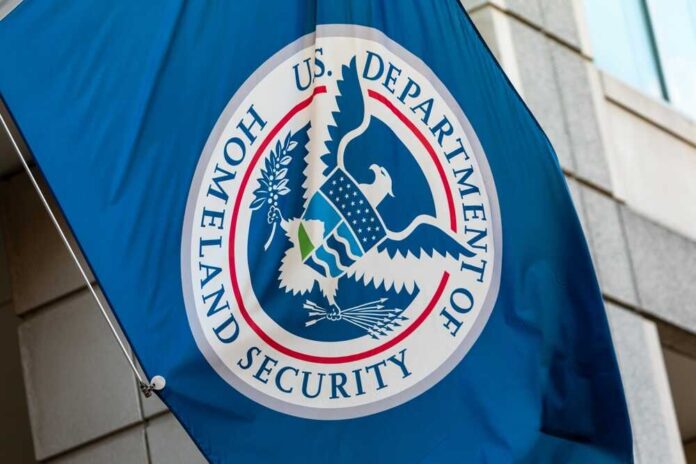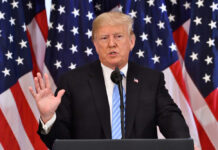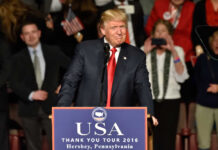
(dcwatchdog.com) – The Department of Homeland Security (DHS) recently conducted a full-blown raid at the Ohio premises of Harco Manufacturing Group, a U.S. subsidiary of the Chinese auto parts manufacturer Qingdao Sunsong.
This move by DHS comes amidst heightened scrutiny by U.S. lawmakers over concerns that some Chinese companies are circumventing American tariffs.
Agents executed a search warrant at Harco’s location in Moraine, Ohio, as confirmed by the Dayton Daily News.
This same address is listed as the headquarters for Sunsong North America on its website. Qingdao Sunsong, the parent company of Harco, acquired the latter in 2015, marking its expansion into the U.S. market.
The DHS’s actions align with broader concerns reported by Axios and Bloomberg, indicating U.S. lawmakers’ worries about Chinese firms evading U.S. tariffs. A DHS spokesperson described the operation as part of an “ongoing federal investigation.”
Intriguingly, the House Select Committee on the Chinese Communist Party had previously sent a letter to DHS Secretary Alejandro Mayorkas, accusing Qingdao Sunsong of shifting production to Thailand to sidestep U.S. tariffs.
In their correspondence, lawmakers referenced Sunsong’s public findings, which acknowledged the 25% U.S. import tariffs on certain Chinese-made goods, and Sunsong’s strategy to mitigate these costs by ramping up production in Thailand.
Congressmen Mike Gallagher, R-Wis., and Darin LaHood, R-Ill., expressed strong criticism of Sunsong’s practices, labeling them as “blatant trade fraud” with severe repercussions for American manufacturers.
They emphasized that such actions to evade U.S. tariffs violate American laws and threaten the country’s economic and national security.
The Biden administration has maintained many of the tariffs imposed on China by the Trump administration, which began in 2018.
This continuity reflects ongoing concerns about China’s trade practices, especially considering China has not fulfilled its obligations under the 2020 trade deal with the U.S., which required increased purchases of American goods and services. This situation underscores the complex and often contentious nature of U.S.-China trade relations.















